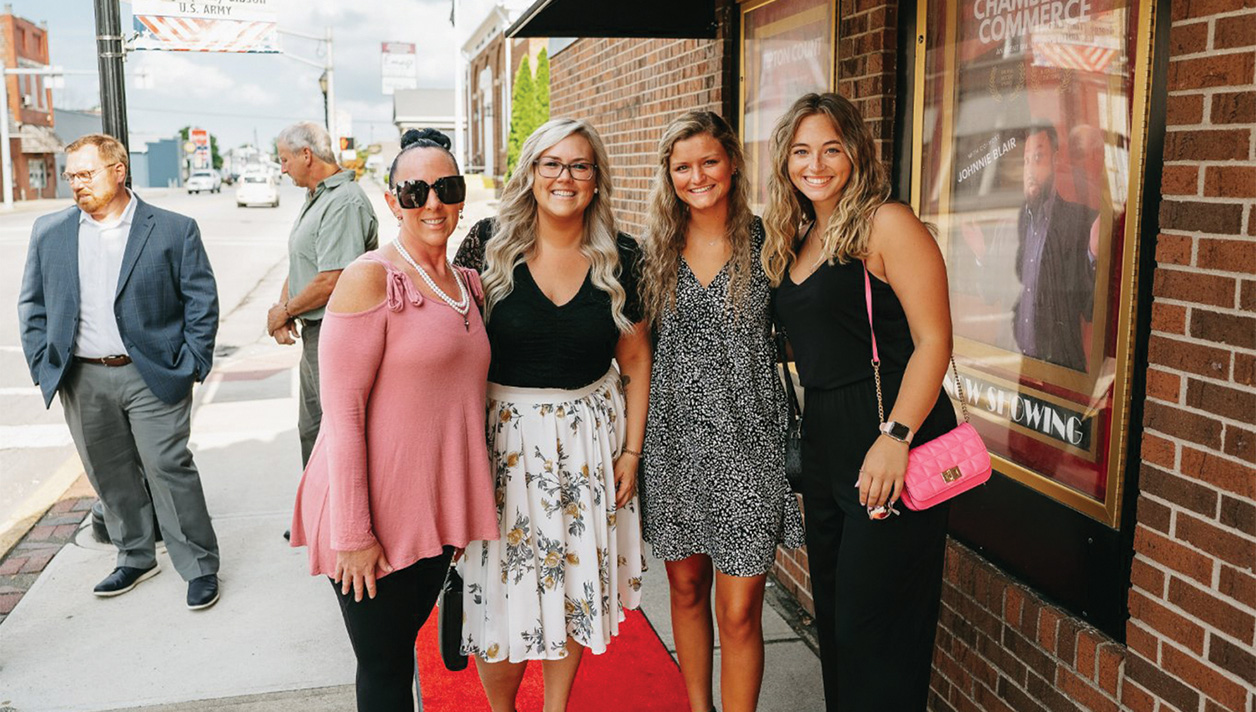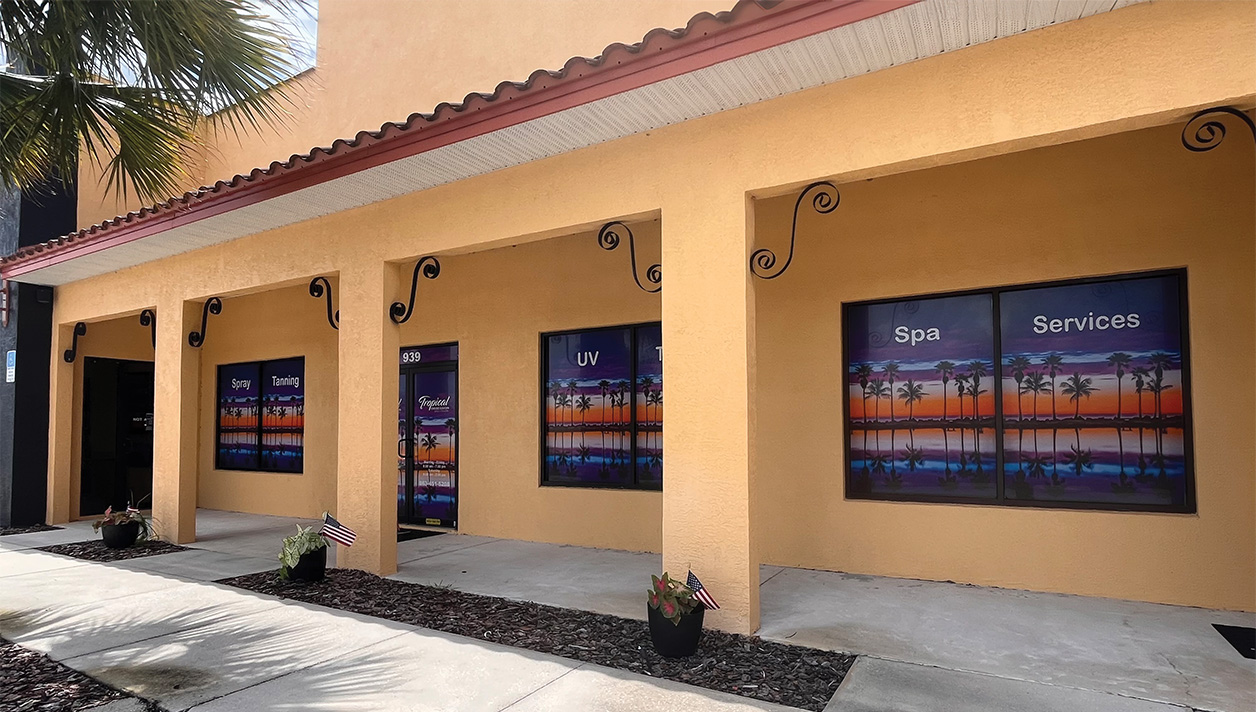As legislation that proposes a ban on tanning for those under the age of 18 continues to be debated from state to state, some salon owners have consistently stepped out of their comfort zones to face the issue head-on. However, when it comes to speaking out against these bills and getting involved, many tanning facility owners choose to focus on maintaining their business while picking up bits and pieces of news from behind the counter, rather than stepping out to join others in the political process.
“I think some don’t want to make waves or they think others in the industry will handle it,” says Robin Eason, who co-owns SunSeekers Inc. in Maryland with her husband Marty. “And some don’t want to be asked for money,” she adds.
Robin and Marty have been in the tanning industry since 1983. For several years, they have been actively participating in the fight against under-18 tan bans in Maryland where they once owned six salons. They now operate three salons due to what they perceive as a combination of ongoing negative press toward indoor tanning and a weakened economy. They started the Maryland Indoor Tanning Association (MITA) as a way to gather support from salons as well as to publicly represent the tanning industry during the political debate. Early on, the Indoor Tanning Association (ITA) paid their lobbyists in Maryland.
The Maryland ITA appreciates donations to help support their legislative efforts. “We don’t ask a lot of salon owners,” Robin says. “Only recently we’ve asked them to contribute to lobbyist fees.”
In Maryland, parents of tanners under 18 are required to sign a consent form in person. In 2008, the Easons met with legislators and their opponents to draw up this compromise of utilizing in-person parental consents for under-18 tanners. However, the following year, they faced three tan-ban bills at the county level. “We beat two of them, but one in Howard County passed,” Robin explained. That one was heard by a group of volunteers who did not have the authority to enact laws, she said. That resulted in the county board unanimously voting to ban tanning for the under-18 crowd.
“This is our business and if we don’t defend it, we’re not going to have a business.”
Robin Eason, Maryland
Despite some set-backs, for several years the MITA has successfully fought bills on tanning restrictions such as for tanners who are minors. Having a strong, knowledgeable lobbyist has been an essential tool in facilitating their viewpoints so that they are heard loudly and clearly. “My advice is to find someone who has connections with the legislators,” Robin says. “The other important thing is, we showed up. We went to every hearing.”
Attending hearings to show support is one way that salon owners can take a stand on contentious issues concerning tanning restrictions that will directly impact their businesses both now and into the future. The MITA sends emails regularly to about 200 recipients informing them of what’s going on with the tan ban bills as well as details about the hearings. About a handful of people respond to those emails, offering their support. Some people choose not to get involved in the political issues affecting the industry because they do not really understand the process. In Maryland, there are bills in the House and the Senate, and so the MITA has testified before both committees.
Robin says she tries to make the political process easier for people by sending them links to their legislators’ websites. That way they can directly type out a note to their legislator, telling them that they live in that district and explaining their views on the tan ban bills that are up for debate. “This is our business and if we don’t defend it, we’re not going to have a business,” she says.
For those who do want to get more involved in this hotly debated issue, just attending political fundraisers and getting to know state senators and representatives is a good way to begin – and sending money to legislators when they are running their campaigns also helps. “You’ve got to go to the political fundraisers and talk to them. We know them on a first name basis,” Robin says.
Robert J. Ashe owns Tanorama Inc. d/b/a Sun Seekers Tanning with locations in Portsmouth and Dover, New Hampshire. In New Hampshire, an under-18 tan ban bill has passed the House and is waiting to be debated in the Senate. “Every year, the anti-tan lobby gets better at fighting us,” Robert says. “They change their arguments based on what we said the year before. This year we were unable to get anyone on the House Committee to hear anything we said. They had decided their position beforehand and didn’t care what we had to say.”
Robert has been involved with battling this issue for about five years and has shown up to testify against this legislation at every hearing. He has also contacted legislators by email and is a member of the ITA. Sun Seekers staff members have worked hard to keep tanners updated and have urged them to call and email their representatives about this issue. Robert also has contacted other salons in New Hampshire to ask for their help. “My salons have emailed and posted on Facebook to all of our clients with hyperlinks to find their legislators and senators so that they can voice their concern,” he said.
“It is the minority that steps up and fights. This is our industry and if we are not going to fight, why should anyone else fight for us?”
Robert J. Ashe, New Hampshire
Robert and others active in the fight against the under-18 tan ban and tanning restrictions are frustrated that more business owners have not joined the cause and made their voices heard one way or another. “For the most part, salons are not helping to support their own industry,” Robert said. “Very few are members of any trade association or are willing to get involved when there are issues. It is the minority that steps up and fights. This is our industry and if we are not going to fight, why should anyone else fight for us?”
Taking the time to attend legislative hearings is very beneficial for those who care about the future of the tanning industry. “When we show up to testify against legislation, we are usually outnumbered about 5 to 1,” Robert said.
Rob Quinn, who operates more than 40 Tan Pro USA salons throughout Ohio, agrees that having more people attend hearings is needed and helps with efforts to coordinate a reasonable response to their opponents. “What we have seen at other places is that when no one coordinates a response effort, the legislature feels compelled to respond to the folks who are in front of them,” he says.
“In many cases, simply asking for their (legislators’) support is enough to neutralize their position.”
Rob Quinn, Ohio
Now is an especially crucial time for salon owners and staff to become involved in the political process because the legislatures have received mixed messages from within the industry about under-18 tan ban proposals nationwide. Sending out differing views has created angst among lawmakers and industry leaders. Some believe that by permitting the underage bans, smaller salons will continue to lose business, causing proponents of tan bans to drop the issue altogether. Rob notes that though some of the smaller stores have closed and paved the way for larger brands to pick up the pieces, their opponents are changing their tactics and continuing to introduce even more restrictions on the industry.
Industry leaders say the most important thing is that all salon owners get involved through a trade organization or by contacting their legislators so that their voices are heard and can make an impact on the lawmakers’ decision process. “All salon owners need to participate,” Rob says. “Many times, meeting with your state representative and explaining how reputable an operator you are and how important your jobs are in your community is very powerful and very difficult for them to overcome.”
Working with legislators has been a rewarding experience for those fighting the under-18 tan ban. Other things that salon owners can do include attending political events where they can introduce themselves, as well as asking legislative aids to add them to fundraising lists. “In many cases, simply asking for their support is enough to neutralize their position,” says Rob.
In Maryland, Robin Eason says they have presented the business perspective as part of their argument against the under-18 tan ban issue at hearings, including the effect of job loss from the closure of tanning salons and also the related effects of lost tax income in their communities. Doing so has gotten legislators’ attention and has added credibility to their position.
Legislation concerning an under-18 tanning ban continues to be debated in North Carolina. Jill Donovan, owner of three Jill’s Beach Luxury Tanning salons in Raleigh, North Carolina, has been in the business for 13 years and decided to fight the proposed tan ban there as soon as she heard about it. She has noticed smaller salons closing and feels that if the ban is implemented, then even more will close. “While competitors closing is good for my business, it’s terrible for our industry,” Jill says. “We are under attack and have been for many years. Without salon owners getting involved, we will surely lose the battle.”
Becoming an active participant in the political process has taken some time out of their busy schedules but for those committed to the future of their business, the time is well spent. Jill’s Beach gladly contributed money during the past two years for an effective lobbyist. Like other owners, she views her business as very professional and provides highly-trained staff and premium products and services so that tanners get the best possible tanning experience while minimizing risks. In North Carolina, those opposing the under-18 tan ban have successfully stalled it and hope to do so again this year.
Jill feels so strongly about actively opposing the under-18 tan ban proposal, that rather than sitting in the background while the debate goes on, she requires her tanning consultants to email their representatives and copy her on the emails during their workday. “We have them do this on the clock so they understand the importance of this for their job security and our industry,” she explains.
She also mails certified letters to all of the committee members considering the bill and has invited them to come and tour their beautiful tanning facilities to see for themselves what level of service and products the business provides. “Our elected officials know nothing about our industry,” she notes. “They still picture a single, dirty sunbed in the back of a video store.” She says that, during a tour, even her lobbyist was blown away by the level of investment she had made and also the level of service and precautions Jill’s Beach uses to provide customers with a satisfying tanning experience.
“The salons that are apathetic and just sit back will surely be the next on the chopping block.”
Jill Donovan, North Carolina
Those currently in the depths of debating their state’s tan-ban bills encourage other store owners to join their efforts by writing to their representatives and senators, attending political campaign events, donating to support lobbyists and joining the ITA. These kinds of activities help capture the attention of lawmakers considering these bills. Those currently fighting the bills in their states stress that the political process need not be intimidating or extremely time-consuming, and that doing simple things like writing letters or joining a trade organization is better than standing idly by.
“The salons that are apathetic and just sit back will surely be the next on the chopping block,” Jill says. “We can fight, we can be heard, and we can save our industry.” ■





























